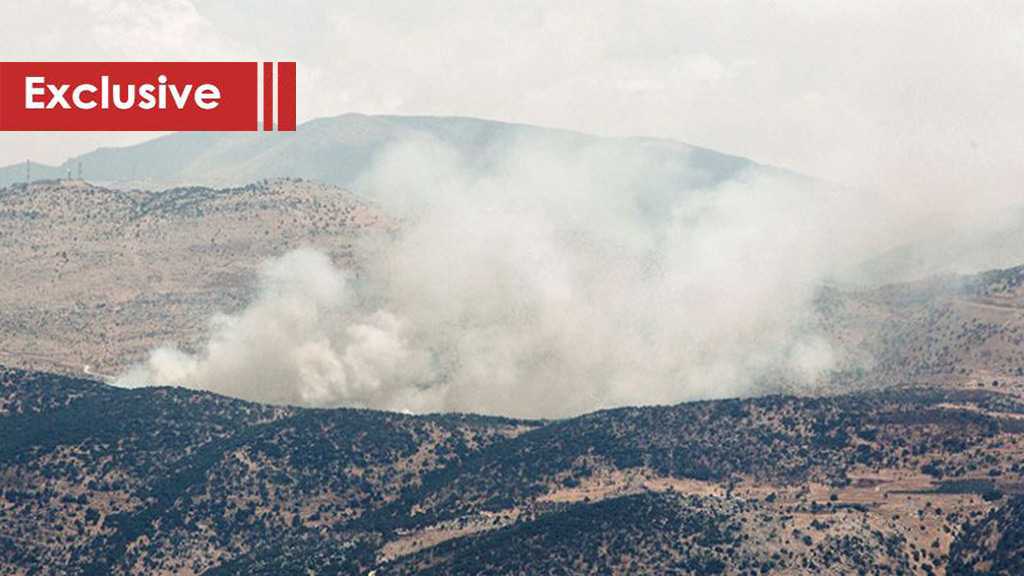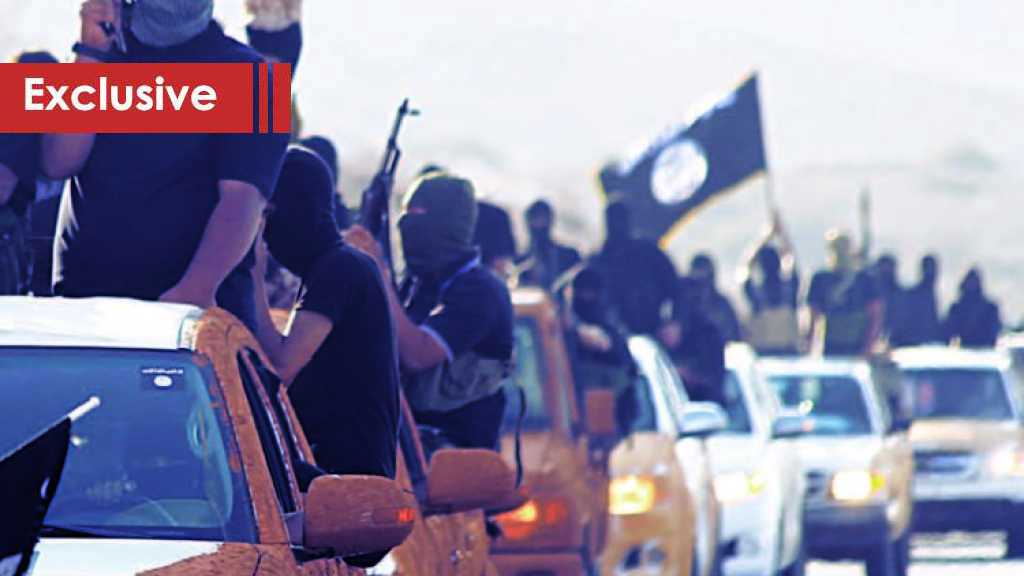Hezbollah vs. ’Israel’: Will the Rules of Engagement Change & Who Has the Initiative?

By Charles Abi Haidar
Did the latest “Israeli” air attacks on southern Lebanon come as a surprise? Tel Aviv claims the strikes are a response to attacks on occupied areas in northern Palestine and a bid to break the long course of deterrence that has been around for nearly 15 years since Resolution 1701 was issued in 2006.
But what was more surprising was Hezbollah's missile response against the backdrop of those attacks that targeted occupied areas in the Shebaa Farms and the Upper Galilee. So, how should all this be interpreted? Is it accurate to say that the two sides, or one of them, chose to change the rules of engagement enforced since the end of the July 2006 aggression? What is the best way to describe the current situation and how will it develop?
Hezbollah's limited missile response, targeting uninhabited areas in the vicinity of “Israeli” military sites and not targeting these sites directly, carries several messages:
The resistance movement isn’t interested in escalating the situation and widening the confrontation.
The resistance isn’t interested in breaking the rules of engagement that came into force following the 2006 resolution.
The resistance is also not afraid of responding or the repercussions in case this aggression was one form of the enemy's response, which isn’t far from the concepts of aggression that were restricted or controlled by the rules of engagement until now.
The resistance is also ready to deal with any change that "Israel" makes in the rules of engagement or in terms of the restrictions of the conflict or dispute.
More importantly perhaps, the resistance isn’t concerned about “Israel’s” efforts to exploit the situation in Lebanon with respect to the economic, financial, and social decline. Hezbollah separates conflicts, clashes, and confrontations with the enemy from the internal crisis in Lebanon. Nevertheless, “Israel” is the main contributor to the worsening state of affairs as it views the Lebanese economic and financial crisis as an alternative to the military confrontation that it feared and distanced itself from.
On the other hand, what "Israel" wanted from the recent escalation [the air raids on Lebanese territory] included tactical military and political objectives.
Militarily, "Israel" has been attempting to reveal several ambiguities, which Hezbollah succeeded in keeping ambiguous:
What new capabilities and weapons does it have?
What new tactics does it use, in defense or in attack?
What are its intentions in case “Israel” carried out an attack or if it did not carry out an attack?
"Israel" doesn’t want to tolerate these ambiguities but isn’t willing to engage in a broad confrontation to get answers. Instead, it’s feeling the pulse with a limited air and artillery attack, which focused on uninhabited areas and didn’t cause any losses.
Israel also quickly demonstrated, prior to the completion of the missile and artillery exchange with Lebanon, that it is not interested in a broad confrontation, and that it does not want to go towards expanding the engagement or hostilities.
For its part, Hezbollah has shown what it wants in this confrontation and the restrictions it adheres to and at the same time the points or actions it does not accept and considers a change in the rules of engagement. And with “Israel’s” unwillingness to create new rules of engagement, we can conclude that the last round of escalation in the south has gone to the square of cautious calm, after "Israel" sensed that any uncalculated adventure will not be safe at a time when it does not seem ready to bear the repercussions.
Comments




